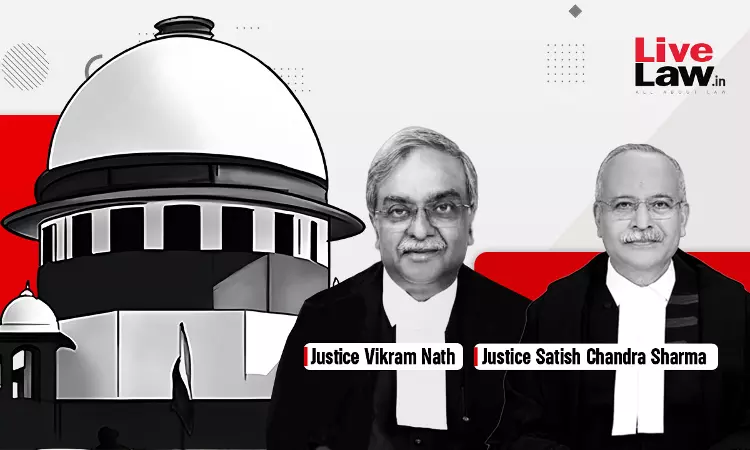The Supreme Court on Monday (February 19) observed that police should exercise "heightened caution" while registering a criminal case over a dispute involving unethical transactions between parties in which civil remedies are barred. The police should ensure that the parties are not resorting to criminal law remedies to achieve unscrupulous results in cases where civil remedies are...

